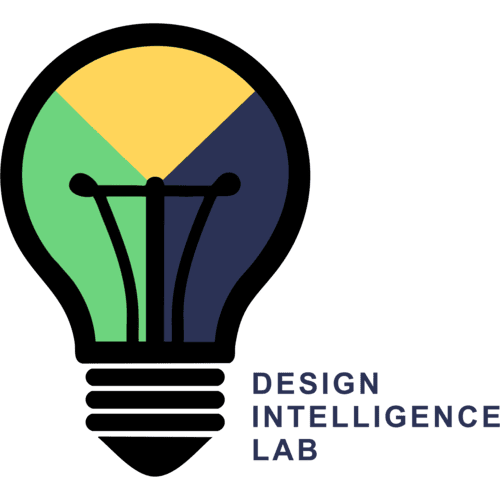Abstract
Metacognitive skills are critical in learning but difficult to teach. Thus the question becomes how can we facilitate metacognitive tutoring? We present an exploratory learning environment called MILA-T with embedded metacognitive tutors imitating five functional roles of teachers in classrooms. We tested MILA–T in a controlled experiment with 237 middle school students. We examine the impact of MILA–T on the models of a natural phenomenon constructed by the students. We find that students with access to MILA–T wrote better evidential justifications for their models, and thus, deliver better-justified models for the phenomenon. We also find that these improvements persisted during a transfer task. These results lend support for organizing metacognitive tutoring around the functional roles of teachers for supporting inquiry-driven modeling.
Organizing Metacognitive Tutoring Around Functional Roles of Teachers
